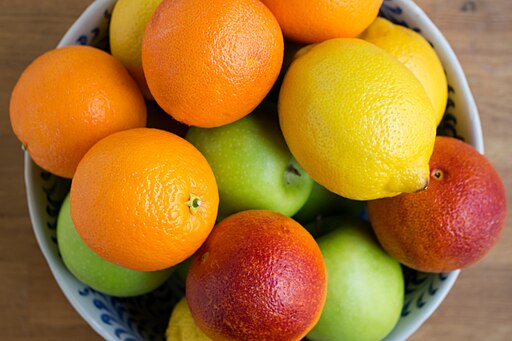
Is happy the new wealthy? Is it possible that our thinking has finally evolved to the point that pleasure and well-being are rated more highly then the number of digits in our bank account?
Wealth and happiness are usually equated in our minds, which is why there is often great difficulty separating the two concepts. When asked what they think will increase their level of happiness, most people reflexively mention money without even giving it much thought. We dream of winning the lottery, of being able to afford a bigger home, or a better car, or an extended European vacation. And while all those things might initially help to increase our happiness, studies show they only go so far. Once a certain level of income is reached – usually about $75,000/year – happiness peaks. After that point, more money won’t really make you any happier. The bigger house no longer satisfies, the better car turns out to be a gas guzzler, and your mood dips back to where it was before as soon as you get back from that European vacation.
Similarly, at a nation-level, countries have traditionally used rising GDP as a sign of increased happiness and prosperity among their citizens. Yet, in spite of rising GDP in the United States, life expectancy is falling and rates of depression are soaring. In fact, the link between a growing economy and increased happiness is more tenuous than most would have you believe. According to The Economist, “the world’s population looks roughly equally divided between places where happiness and incomes have moved in the same direction over the past ten years, and places where they have diverged”. Clearly, financial prosperity is not the most reliable indicator of happiness.
Knowing this, it would behoove us to break apart this assumed link. Rather than spend our time working long hours, desperate for that big promotion, maybe our efforts would be better spent elsewhere.
A new study published in The Lancet directs us towards a better way to get happy and stay happy. In this study, it was found that the amount of exercise you get each week is a better predictor of happiness than how much money you make each year. More than 1.2 Americans were asked how much they exercised each week, which was then measured against how many times they felt emotionally unwell during the last 30 days (due to stress, depression or other emotional problems). Participants were also asked about their incomes.
After all the data was examined, it was found that people who exercised regularly were depressed fewer days each year than their non-exercising counterparts, regardless of their income. In fact, the researchers felt comfortable stating [that] “the difference between working out and not working out is the same as between individuals with a difference in household income of more than U.S. $25,000”.
Would you like to know which types of exercises were most beneficial for increasing happiness? They tended to be team sports, likely because of the increased socialization associated with these forms of physical exercise. But cycling and aerobics also rated highly, despite the fact that these activities are not team sports. For the best effect on your mood, aim to exercise 3-5 times per week, lasting no more than 30 – 60 minutes each time. People who exercised longer than that actually had worse happiness scores than people who weren’t particularly active at all, suggesting that social pressure or obsessive compulsive disorder may have been triggered in these instances, decreasing mood.
Interestingly, this study correlates well with ancient Chinese thinking regarding depression. For centuries, Chinese medicine has considered depression to be caused by “blocked liver energy”, which is why movement of any sort will get qi moving and blood circulating, improving mood. Also, herbs which are particularly effective at moving stagnation in the liver, such as those in our Chinese Bitters and Curcuma tinctures, should help to resolve depression more quickly. Curcuma is so well known for its help during depressive episodes, that the direct translation of the pinyin term for the herb is “gold for depression”. Naturally, since increased movement is key in this condition, these tinctures are best used in conjunction with a program of daily exercise.
So, if you are feeling a little low lately, it might help to know that you can increase your happiness quite simply and cheaply – just by moving more. It’s really a rather old lesson, taught to us by ancestors generations back, who felt happiest while working the fields, stalking prey, or just plain walking for many kilometers at a time. It’s a simple lesson, but in our more stationary world, we keep forgetting it. The key to happiness relies more on blood flow than cash flow. Money may be helpful, but movement is absolutely necessary.

